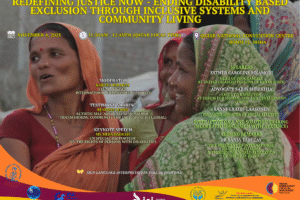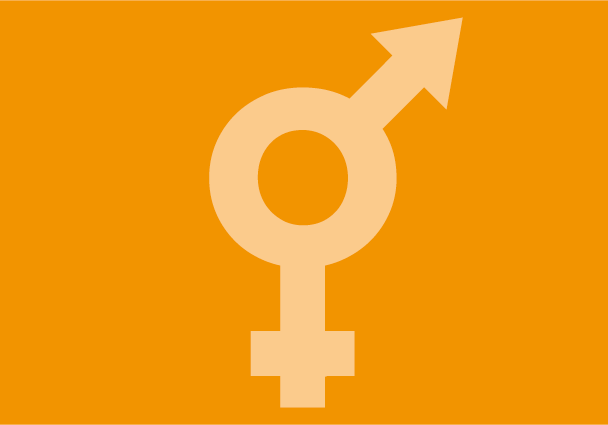
Feb 9, 2012
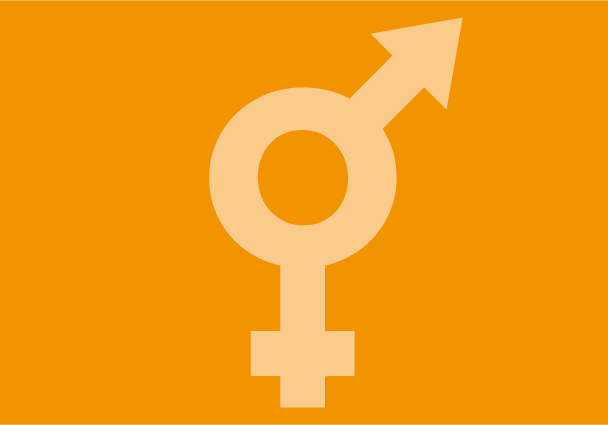 The ICJ and Interights submitted a third-party intervention in this case.
The ICJ and Interights submitted a third-party intervention in this case.
In the case of Vejdeland and Others v Sweden, the European Court of Human Rights unanimously held that the conviction of the four applicants for “agitation against a national or ethnic group” was not contrary to Article 10 of the European Convention. The applicants had distributed leaflets at a school about the negative influence of “homosexual propaganda” in education and stating that “homosexuality has a morally destructive effect on the substance of society.” The ICJ and Interights argued that sexual orientation should be treated in the same way as categories such as race, ethnicity and religion, which are commonly covered by hate speech and hate crime laws, because sexual orientation is fundamental to a person’s sense of self and is used as a marker of group identity. The Court agreed, stressing that “discrimination based on sexual orientation is as serious as discrimination based on race, origin or colour.” The interference pursued a legitimate aim, that of protecting the reputation and rights of others, and was necessary in a democratic society. There was therefore no violation.
Case Vejdeland Sweden-Judgment-2012 (full text in English, PDF)
Case Vejdeland Sweden-legal submission-2012 (full text in English, PDF)
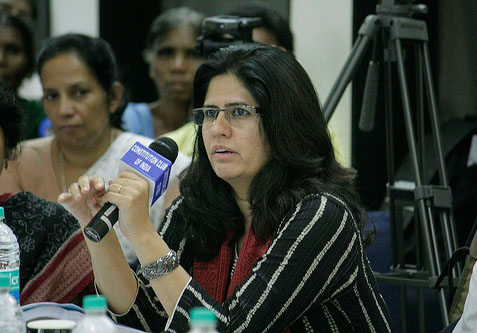
Jan 23, 2012
Vrinda Grover, the ICJ South Asia Advocate for India, prepared a legal opinion on the Revised 2010 Prevention of Torture Bill.
The ICJ legal opinion sets out eighteen recommendations on how India may better comply with its obligations under the United Nations Convention against Torture and Other Cruel, Inhuman and Degrading Treatment or Punishment (CAT) as well as the United Nations International Covenant on Civil and Political Rights (ICCPR).
India-opinion prevention torture-legal submission-2012 (full text in English, PDF)
Photo by Joe Athialy
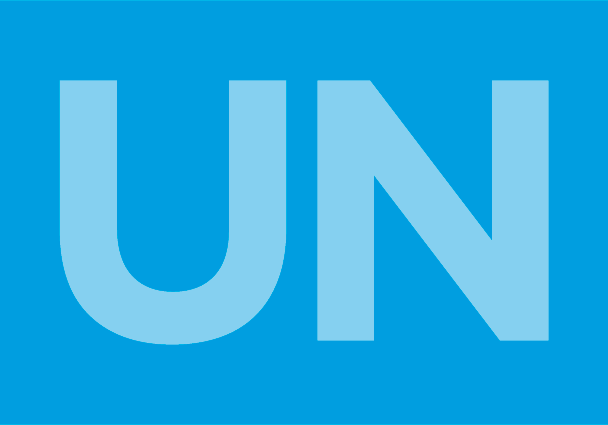
Nov 18, 2011
Under the second cycle of the Universal Periodic Review (UPR) mechanism, the UN Human Rights Council Working Group on the UPR will be undertaking a review of Indonesia during its 13th session in June 2012.
In a submission to the Working Group, the International Commission of Jurists has focused on the discrete issues of: the recently enacted State Intelligence Law; and Indonesia’s party status to international human rights instruments and its cooperation with the UN treat bodies and the Council’s Special Procedures.
Indonesia-ICJ submission UPR-legal submission-2011 (full text in English, PDF)
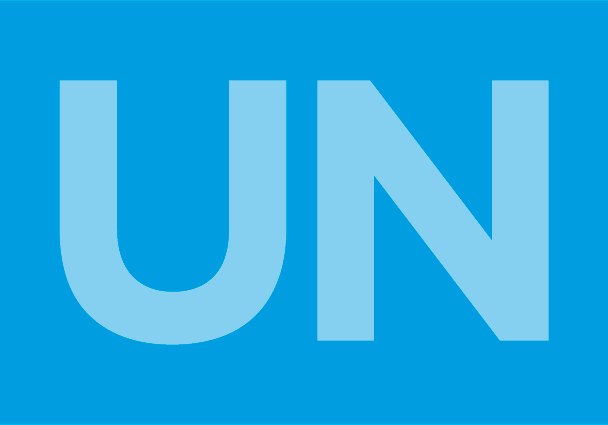
Nov 10, 2011
During its 47th session, the UN Committee on Economic, Social and Cultural Rights will undertake an examination of the third periodic report of Israel.
The ICJ has submitted a parallel report to the Committee, which focuses on the legal framework and applicability to the oPt of the International Covenant on Economic, Social and Cultural Rights; violations of international human rights law; and violations of international humanitarian law.
submission committee ESCR-legal submission-2011 (full text in English, PDF)
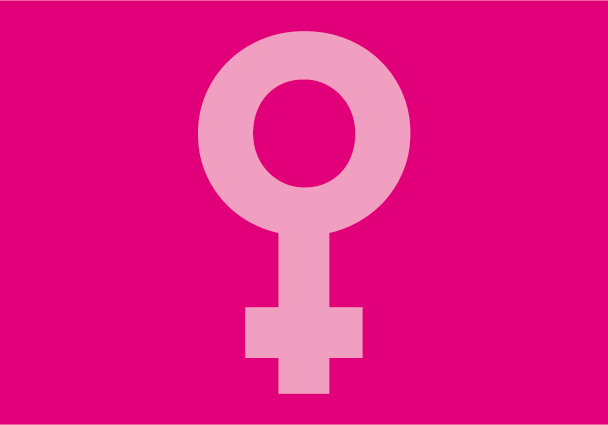
Oct 15, 2011
In its groundbreaking decision in L.C. v. Peru in 2011, CEDAW held that Peru had violated the Convention on the Elimination of all forms of Discrimination against Women (CEDAW Convention).
The case, which was brought by the Center for Reproductive Rights and PROMSEX, concerned a young girl who became pregnant following sexual abuse and who suffered serious physical harm and paraplegia after a subsequent suicide attempt.
In order to protect her health and enable her to obtain necessary surgery and other medical treatment, a therapeutic abortion was indicated.
However, hospital officials refused to sanction the procedure despite the fact that abortion is permitted in Peru when necessary to protect the health and life of the mother.
No timely and effective procedure was in place to enable the girl or her family to challenge this decision before an independent authority.
At the request of the applicants the ICJ submitted an Expert Legal Opinion to the Committee.
The ICJ brief addressed the nature of the obligation to take steps to guarantee the enjoyment of rights in practice and highlighted the emerging consensus among international authorities that States must put in place effective processes by which women and girls can vindicate their right to an abortion in cases where their health or lives are at stake or where abortion is otherwise legal in State.
In its views the Committee found that violations of the CEDAW Convention had occurred and among other things considered that Peru must establish effective mechanisms to enable women to have access in practice to those abortion services in cases where their health or lives are at stake or where abortion is otherwise legal in State.
Steps by Peru to consider the decision and take effective measures to address the violations identified are now vital. Until such measures are taken, including through making reparation to the individual victim and taking steps to guarantee non-repetition, the violations identified will likely continue.
Peru-Legal Opinion ICJ LC v. Peru-legal submission-2011 (full text in PDF)
For a copy of CEDAW views click here

 The ICJ and Interights submitted a third-party intervention in this case.
The ICJ and Interights submitted a third-party intervention in this case.





